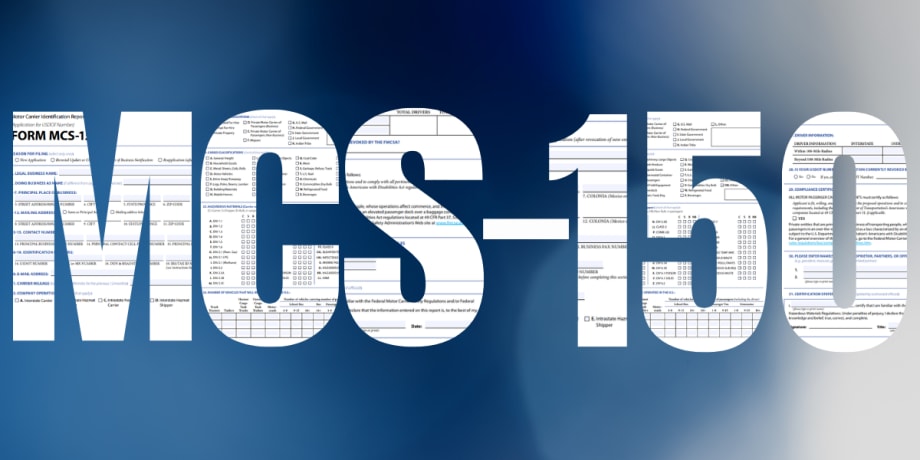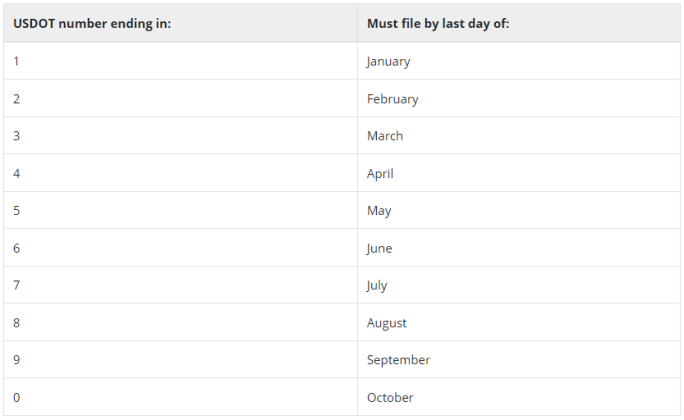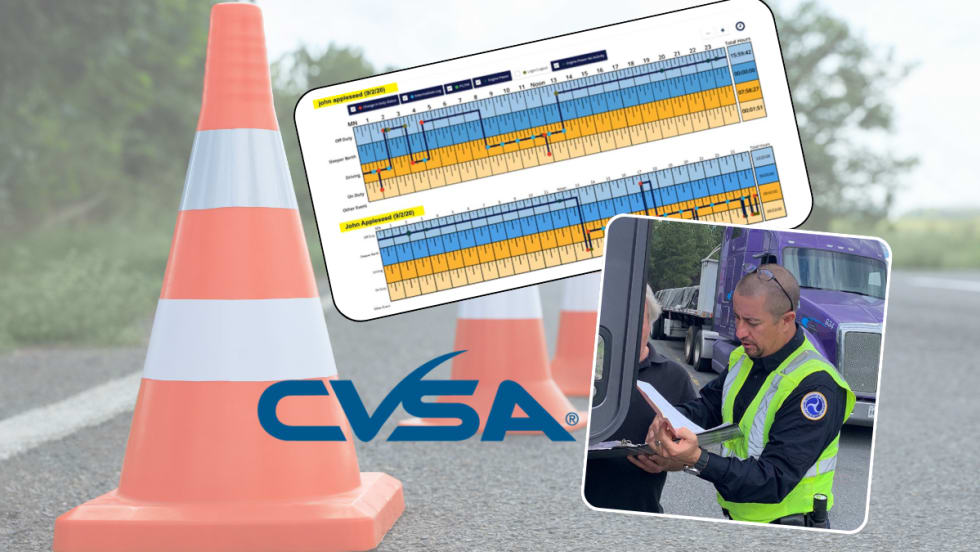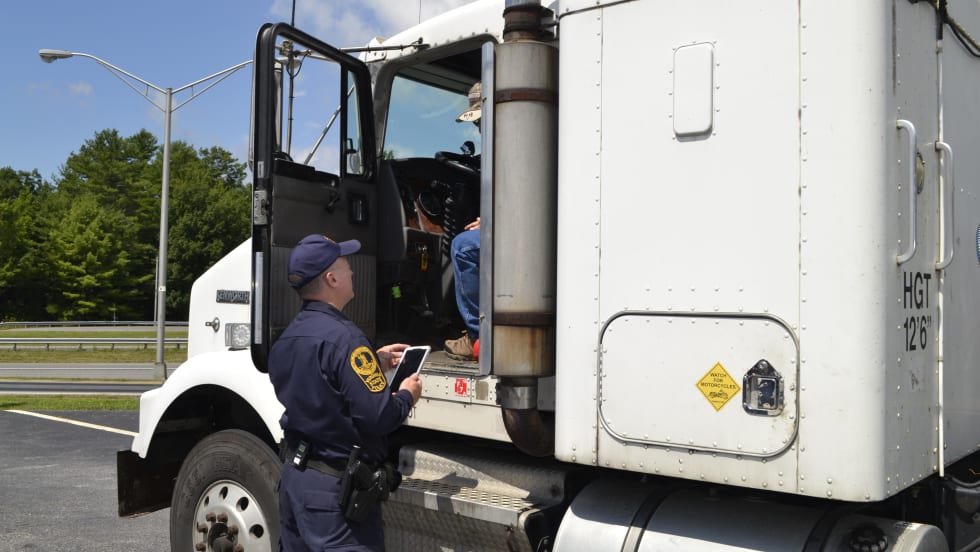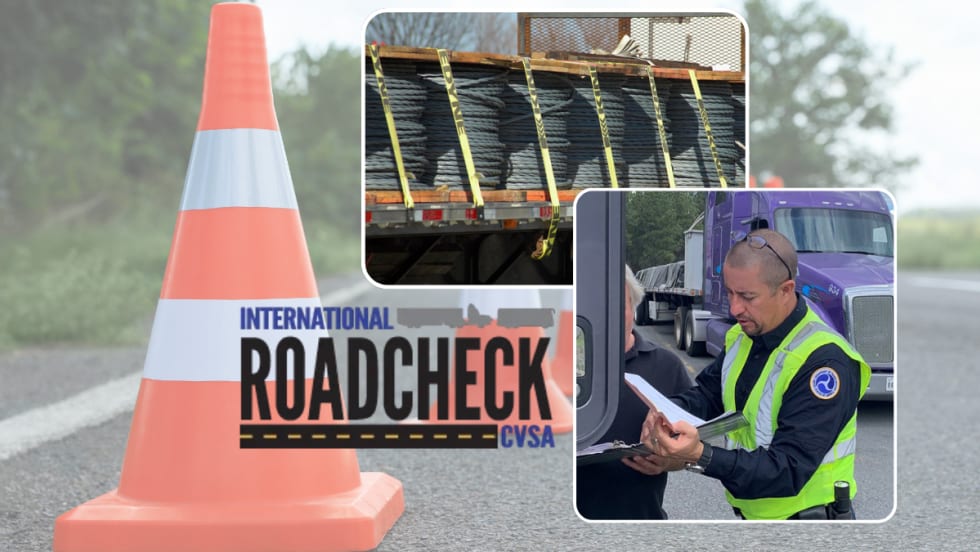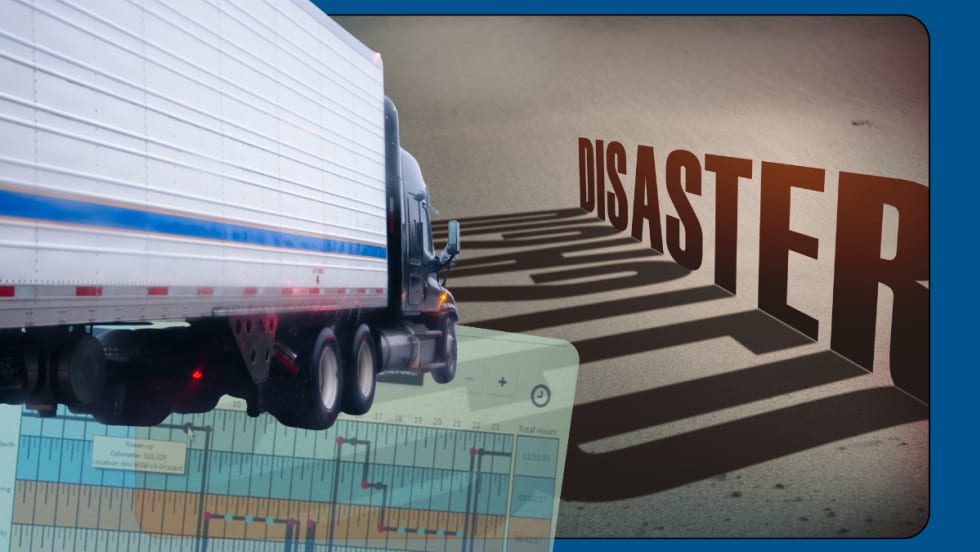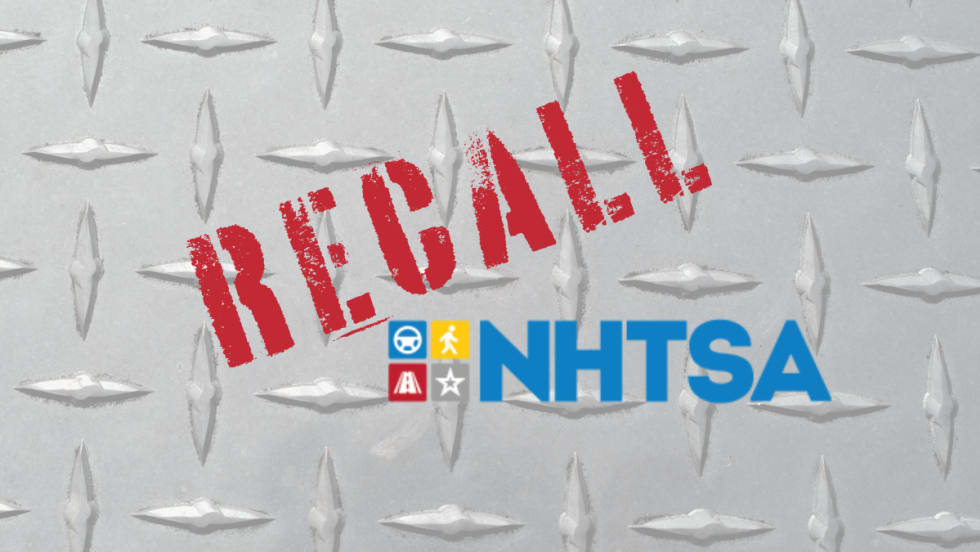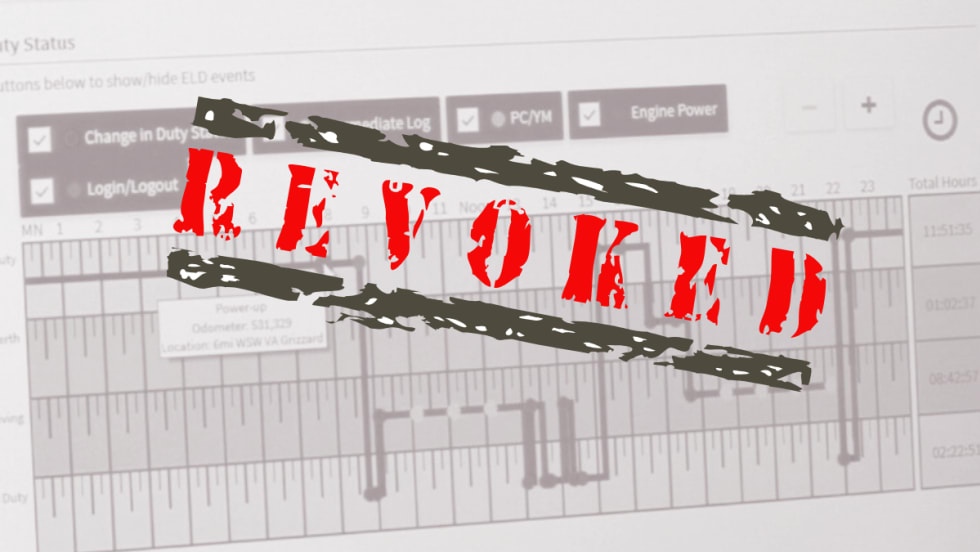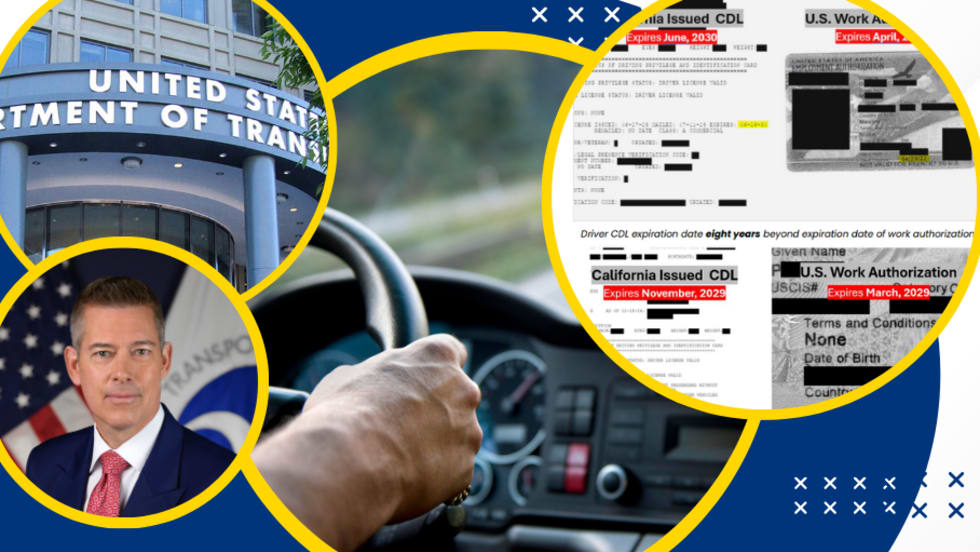Every other year, motor carriers must complete an updated Motor Carrier Identification Report, referred to as the MCS-150. But it can cause headaches, especially for small carriers, including independent owner-operators with their own operating authority.
If an MCS-150 form falls out of date, the Federal Motor Carrier Safety Administration could deactivate the carriers’ USDOT number, and the company could face penalties of up to $1,000 per day, not to exceed $10,000.
While there are third-party companies that will take on the responsibility of submitting the form for a carrier, if there are no major changes to an operation, keeping the MCS-150 up to date can be as simple as updating annual mileage.
The form includes information on the carrier, including the number of miles traveled the previous year, the commodities hauled, insurance information and more. To submit the update, carriers will need their USDOT number and a USDOT pin, so have it handy or plan to wait up to a week for authorities to send it by mail after it’s requested.
The number one reason motor carriers fall into noncompliance with the MCS-150 registration is failing to complete the mandatory biennial update, says FMCSA spokesman Duane DeBruyne. The second most common reason is a lapse in providing proof of the federally required minimum level of insurance.
To remain in compliance, carriers should implement a good system of reminders. It’s also important to remember that even though the form should be updated every other year, it also needs to be updated if there are any changes to how your company operates.
In addition, providing fraudulent or false information on the report is considered an acute violation.
When do I need to file my MCS-150?
The tricky part can be figuring out when to update the form. The deadline for when a carrier must submit an updated MCS-150 form is based on the last two digits of its USDOT number. The last digit in the USDOT number indicates what month a carrier should update their form (see chart). The next-to-last digit of the USDOT number indicates which year they must update the form (either every even year, or every odd year).




